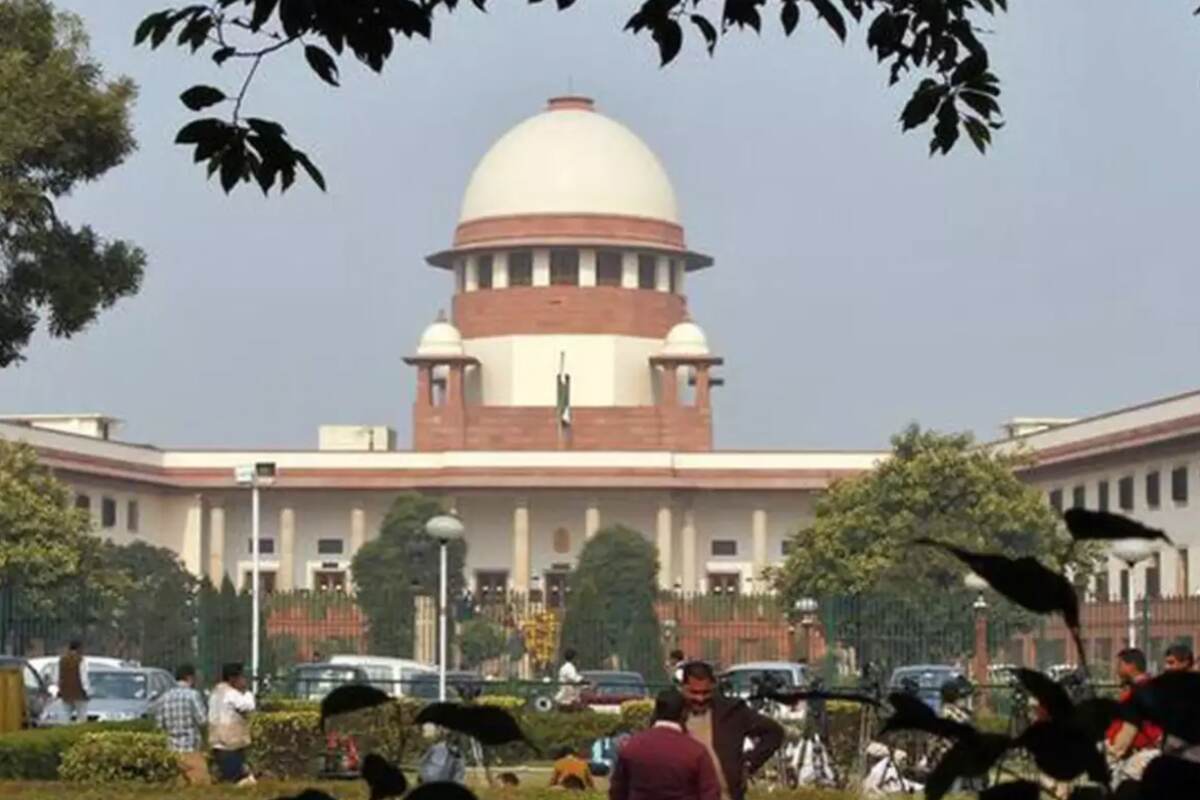Ridding of the baggage

In a landmark judgement passed on Wednesday, a three-judge bench comprising the Chief Justice of India NV Ramana, Justice Surya Kant and Justice Hima Kohli ordered the Central and state governments to keep the section 124 of the Indian Penal Code in abeyance till the Centre reconsiders the provision. Though the apex court will likely hear the case again in the third week of July, it has not specified any deadline for re-examination exercise — considering that the process may involve Parliamentary exercises. Essentially, the legal stand on the sedition law remains unaltered in the Constitutional frame of things as there is no finality yet on the validity of the law. The development thus far can be summed up to say that the Supreme Court and Central government have come to realise that the "rigor of Section 124A of IPC is not in tune with the current social milieu, and was intended for a time when this country was under the colonial regime". A consensus appears to be building — at least the Supreme Court has inferred so from an affidavit filed by the Central government — between the government and the judiciary. If the sedition law — as a "baggage of colonial past" — continues to be an actively used legislation even after 75 years of independence, in the 21st century, it has been because the government and the Supreme Court were on the same page in favour of it. It was the Union Government that decided to retain the 'sedition' law post the independence. And then it is the Supreme Court's historic judgement in the Kedar Nath Singh vs State of Bihar that continues to serve as a vertex to continuance of sedition law. Also, in the past decade, certain private member bills were introduced in the Parliament but couldn't take any decisive form. Even the 2018 discussion paper of the Law Commission, while pointing out the inadequacies in the provision of sedition, emphasised on its continuance. Now, can a sudden and synchronised change of heart of the Supreme Court and the Central government lead to any conclusive end to the sedition conundrum? It remains to be seen. The Supreme Court has very smartly tied the re-examination exercise to the Prime Minister's vision of removing the colonial baggage in the Amrit Kaal — of course, after interpretation of Centre's own submission. The resolve of the Central government will be checked in this respect. It would be pertinent to explore more details around the scope of re-examination exercise of the government. As evident from Solicitor General's submission a day before the SC passed its interim judgement, the Centre still views 1962 Kedar Nath Singh case as a "good precedent". It is possible that the Centre may end up conceding compensatory dilution of the law which would translate very little on the ground. One will have to wait and watch for a couple of months to see where the sedition debate is headed. The relevance of the Supreme Court's recent judgement, however, is that it prevents fresh FIRs and continuance of proceedings in sedition cases for the time being. If implemented properly, this interim judgement will materially provide respite to many undertrials accused of sedition. More importantly, the decision will lead to a shift in the moral and mental compass of society — a large part of which still wrongly relates the term with deshdroh (crime against nation) rather than rajdroh (crime against the government). While the intellectual circles debate whether the sedition law is obsolete or not, many remain obsessed with it, according it a high priority. In their submission, representatives of the Central Government in the Court had argued that misuse of the law in isolated instances cannot serve as a ground for overturning the 1962 SC order. This argument holds no water as the National Crime Records Bureau data show that annual conviction rates in sedition cases stand at around three per cent — indicating that it might have been used more as a tool of torture than preventing the government from being overthrown. Slapping of sedition charges has gained greater normalcy in the past couple of years, with the number of cases rising exponentially. It is a cardinal principle of criminal law that no person shall be put in danger on the basis of ambiguity. The provision related to sedition is arguably vague and has the potential to incriminate innocents. Justice is as much about preventing the non-guilty as it is about penalising the guilty. In fact, subjection of non-guilty, irrespective of their overall number or proportion, to undue legal process should be perceived as a form of violence and crime. Furthermore, sedition cannot just be seen through the limited gaze of crime against the state. It has evolved a great deal to stand as an antithesis of freedom of speech and expression. When the United Kingdom decided to abrogate sedition through Coroners and Justice Act, 2009, Justice Minister Claire Ward had noted, "Sedition and seditious and defamatory libel are arcane offences from a bygone era when freedom of expression wasn't seen as the right it is today. Freedom of speech is now seen as the touchstone of democracy." It can be hoped that the Central Government will adopt a holistic approach towards re-examination of the sedition law by taking in all the broader aspects. End to sedition in India is yet an uncertain prospect. Notably, the abolition of the sedition law in Britain was recommended by the Law Commission in 1977 and it took the country three long decades to implement it in action. In the fast-evolving world, India will have to act swiftly in this respect. There is no point in dragging the law if it is not in sync with current social milieu.



